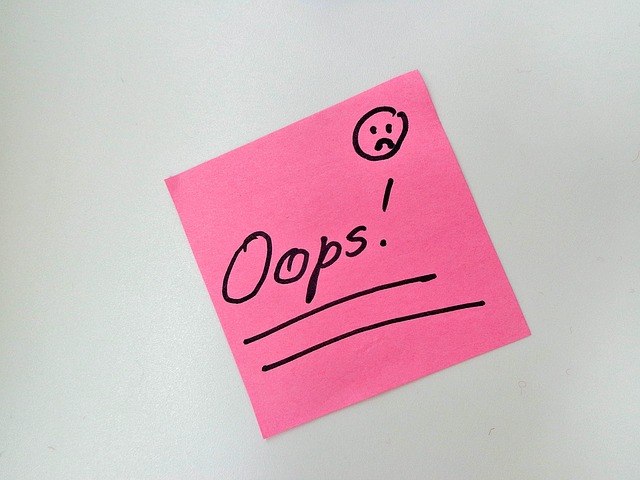
Perhaps you saw the headlines back in 2014, ones like “Science Proves It: Men Really Do Find High Heels Sexier,” from TIME.
Or maybe this quote, from the author of a study in Archives of Sexual Behavior, on CNBC:
Continue reading In 2014, a study claimed high heels made women more attractive. Now it’s been retracted.






